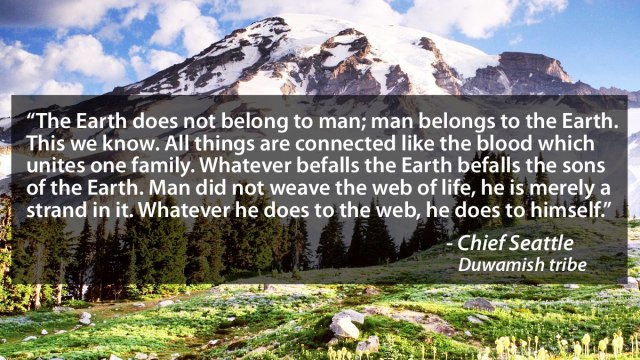As pointed out by Michael Brown, God is Love and everything is God, so everything is love which is a vibration, and how we experience or perceive that vibration is determined by the condition of our emotional body. So if our emotional body is in a state of distortion and the vibration moves through our emotional body and comes out as angry stories, for example, in reaction to circumstances in the world, that anger is still love – it is simply love that is distorted into different (expression/frequency). So according to him, the way to realise what love is is to integrate the blockages in the emotional body and be the everything that we are, and we can experience self-love (I have rephrased it a little in my own words).
I think it’s important to realise or remember that everything is love because some definitions of love given by some segments of society or religion tend to exclude the less desirable qualities such as fear and anger and present only a one-sided picture of love that is pretty to look at but not much real substance. But love is so much more – love is both strong and weak, love is both courageous and fearful, love is both calm and angry, and love is both happy and sad. It is what like the message below says.

Yes, love encompasses everything and includes all the qualities of our humanness. To be human is to be our authentic self and embrace the totality of our humanity.
“To be beautiful means to be yourself.” –
Thich Nhat Hanh
And yes, the mind may think about the past sometimes (reacts to old files) but the heart can appreciate the present (responds to the now) as the heart is the seat of love, for “the love of God has been shed upon our heart by the Holy Spirit”, and love is in the present moment because love is the I Am. All else is an illusion, only love is real and love is a very present reality.
“Love/God is our very present help in times of need
…
Be still and know I Am (we are) God/Love.”
Psalm 46
“Tripping through time” by Doug Sandlin
Tripping through time like some kind of archetype
Lost in the layers of the lies of mind
Holding out hope for heavenly happiness
Drowning in the drama by dreams defined
Feeding the fears that are fueling the fantasies
Building the barriers to block the real
Wanting to wake up from worry and wanting
Hiding from wholeness with what we feelStep out of the circle of Time
Into the circle of Love
Letting go is living the truth that it’s forgiving
That frees us from the fears we dreamed upStep out of the circle of Death
Into the circle of Life
Letting go is living the truth that it’s by living
The love we are that makes us aliveTranscending time as artists and architects
Living and loving with lives of light
Holding out healing wholeness and happiness
Dissolving all the dramas by dreams defined
Fueling the freedom of fun and fulfillment
Being the beacons of all that’s real
Willing to wake up the worrying and wanting
Creating wholeness with love we healStep out of the circle of Time
Into the circle of Love
Letting go is living the truth that it’s forgiving
That frees us from the fears we dreamed upStep out of the circle of Death
Into the circle of Life
Letting go is living the truth that it’s by giving
The love we are that makes us alive
Related articles
- Meredith Murphy – 12:12:12 & The Birth Of Unity Consciousness – 11 December 2012 (journeytoascencion2012.wordpress.com)
- Age of Light: Techniques to Transition with Ease! (empoweringlightworkers.wordpress.com)
- Thich Nhat Hanh: 5 Mindfulness Trainings (mbsbalance.wordpress.com)
- You ARE the difference. (araparisien.wordpress.com)
- Follow Your Heart- Not so fast! (letlifeinpractices.com)
- Law of Attraction – ‘The Incredible Secrets of Your ‘Mind’ (newauthoronamazon.com)
- Healing Through Social Media (adamevenevenadam.wordpress.com)
- Reclaiming Your Power – BEcoming A Cosmic BEing! – by Jacob – DivineWill Power (007blueray.wordpress.com)
- The significance of this moment of time ~ Llewellyn Vaughan-Lee


